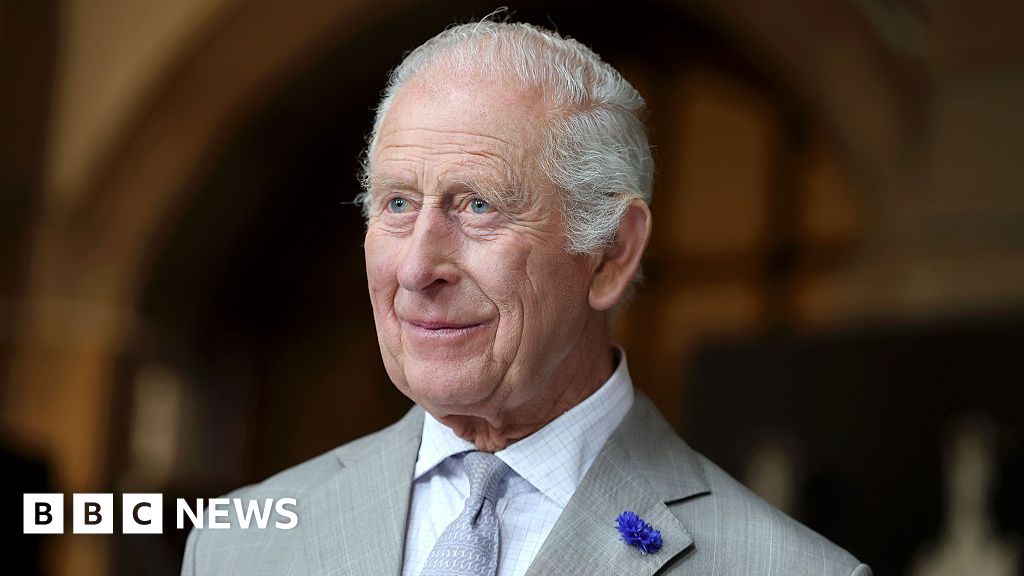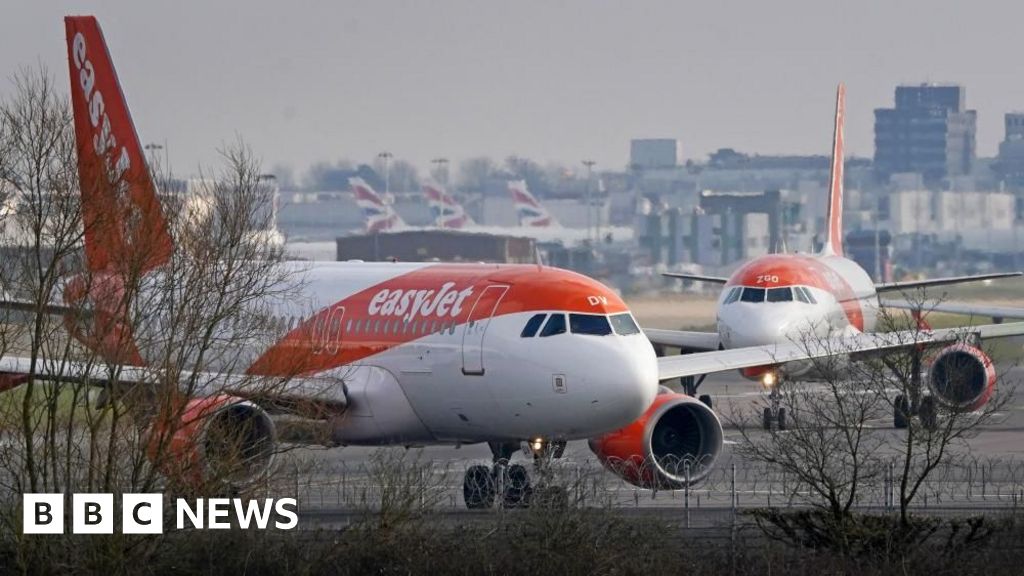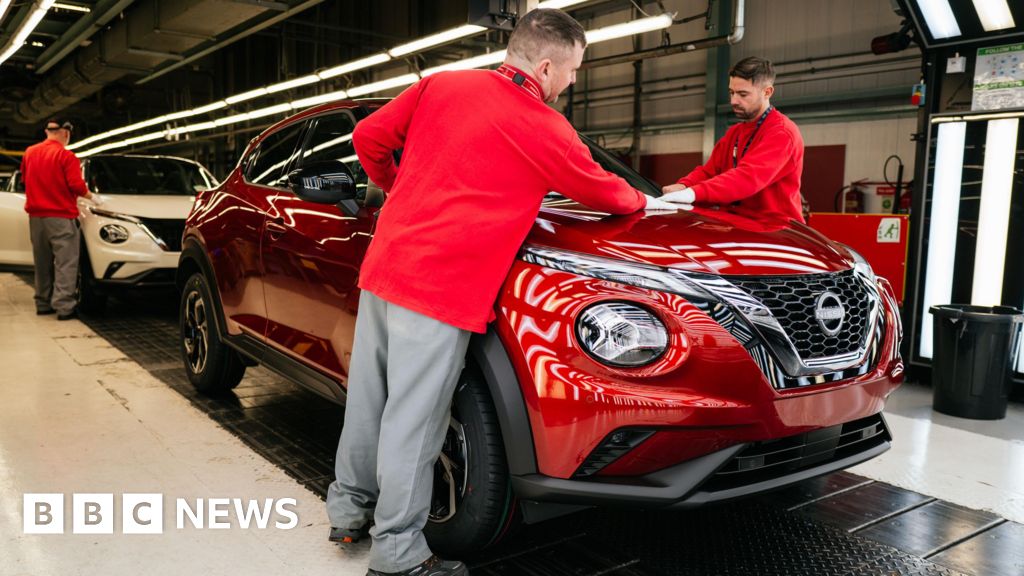ARTICLE AD BOX
 Image source, Getty Images
Image source, Getty Images
Businesses "will close their doors this winter" if they are not given support with soaring energy bills, the head of the British Chambers of Commerce says.
Baroness Ruby McGregor-Smith said the government needed to provide measures on the same scale as at the height of the Covid pandemic to help firms.
She said the country needed an "action plan" to be delivered next week.
Her comments come as Chancellor Nadim Zahawi said companies could be given VAT reductions or other tax breaks.
The Times reported Mr Zahawi has been working on a multi-billion pound emergency energy strategy for the new prime minister, who will be elected by the Conservative Party and take office on Monday.
Baroness Ruby, a Conservative peer, said the scale of support for businesses was going to have to be "particularly considerable" for small and medium-sized businesses (SMEs).
Unlike households, businesses are not protected by an energy price cap, meaning their bills are usually higher. Pubs in particular are seeing their energy costs soar by as much as 300%, and bosses of six of the country's largest breweries have called for "immediate government intervention".
"One of the big measures we are asking for, and have been for some time, is for Covid-style support to be given by measure of a government emergency energy grant for all SMEs," said Baroness Ruby.
"I think unless there is immediate and urgent support, we will see many businesses close their doors this winter."
The BCC president said measures reportedly suggested by Mr Zahawi, including reductions in VAT and business rates for retail and hospitality and tax breaks for energy intensive industries, was the "right territory" to help people this winter.
"We cannot be in a situation where more and more businesses are shutting down, because of costs that are absolutely outside of their control," she added.
"We are not just talking about big businesses, we are talking more and more and more SMEs which are the lifeblood of our economy.
"They need more support now as they did during Covid, this for us is no different. All we have had so far, publicly, are many words and not an action plan. Now we need an action plan, we need a plan and we need it delivered next week."
Pressure is growing on the new prime minister to act quickly on the rising cost of living, with inflation, the rate at which prices rise, at 10.1%.
Wholesale gas prices have been increasing since last year but have worsened recently because of Russia's invasion of Ukraine and the Kremlin's decision to squeeze energy supplies to Europe.
Small businesses across a number of industries have voiced their concerns over rising energy bills.
The government has previously said no new policies will be announced until the new prime minister, either Liz Truss or Rishi Sunak, is announced on Monday.
Recession on its way
The Bank of England has forecast that the UK economy will fall into recession later this year, whereas the BCC has predicted a bleaker picture and a recession hitting sooner, with negative economic growth in three consecutive quarters before the end of 2022.
Baroness Ruby said she did not believe government support would prevent a recession, but added the measures would help reduce the impacts of a shrinking economy.
A Treasury spokesman told the BBC preparations were being made on various "options" for the next prime minister to make firm police decisions on.
"We understand that people are struggling with rising prices, and while we can't shield everyone from the global challenges we face, we're supporting British businesses to navigate the months ahead," he said.
"We've cut taxes for hundreds of thousands of businesses by increasing the Employment Allowance and slashing fuel duty. We've also introduced a 50% business rates relief for retail, hospitality and leisure businesses and put the brakes on bill increases by freezing the business rates multiplier, worth £4.6bn over the next five years."

 2 years ago
39
2 years ago
39








 English (US) ·
English (US) ·